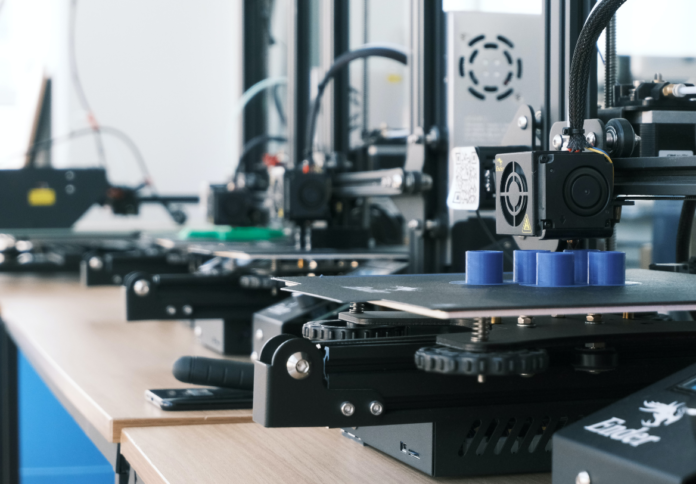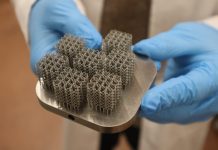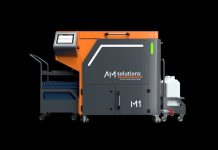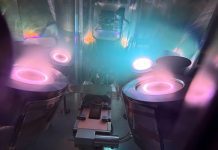
Global manufacturing giants Boeing and Northrop Grumman have joined a US government effort to help promote the adoption of additive manufacturing among smaller suppliers based in the United States.
Launched by US President Joe Biden in cooperation with the Applied Science & Technology Research Organization of America (ASTROA), the AM Forward initiative brings together large manufacturers in the United States to promote the use of 3D printing or other high-performance advanced manufacturing technologies.
The project seeks to ultimately transform US shop floors and improve global competitiveness.
Sue Helper, senior advisor for industrial strategy at the White House, said the Biden administration aims to lower the cost of goods and services that cater to the needs of American families.
“One of the best ways to do that is to make more things in America, with more secure and more resilient supply chains,” Helper said.
“We applaud Boeing and Northrop Grumman for recognizing the benefits of promoting additive manufacturing in their supply chains and for making public commitments to support broader adoption.”
Among other public commitments in the initiative, the two companies will purchase additively produced parts from smaller US-based suppliers, train contractors on new additive technologies, and deliver detailed technical assistance to support their suppliers’ adoption of new standard capabilities.
Specifically, Boeing will seek to increase its qualified small and medium-sized supplier capacity by 30 per cent. It will also target small/medium-sized suppliers to compete on request for quote (RFQ) packages sent out for products that use 3D printed materials
Northrop will target 50 per cent of RFQ packages sent out for products, machinery, manufacturing tooling and/or manufacturing process development using additive or related technologies to be completed by US-based suppliers.
Boeing and Northrop’s move to join the AM Forward brings the program’s enlisted companies to seven— a group that includes GE Aviation, Honeywell, Lockheed Martin, Raytheon Technologies, and Siemens Energy, ASTROA said in a statement.



















